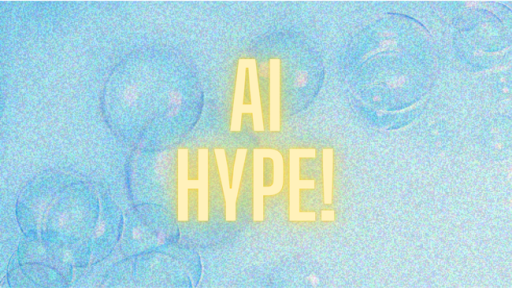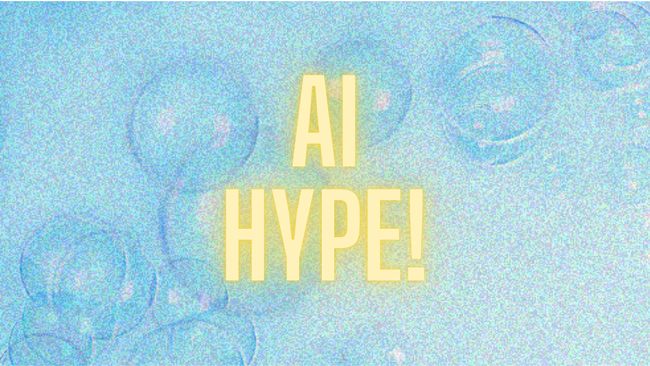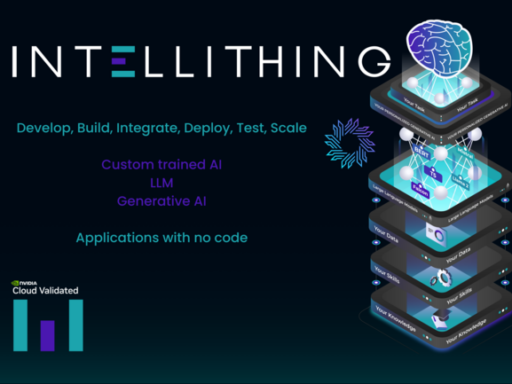We and AI, a non-profit dedicated to promoting AI literacy for critical thinking, has announced a forthcoming research seminar titled “The Ethical Implications of AI Hype.”
The online event will take place on Monday, 23 September, from 12:00 PM to 4:30 PM UTC. It will serve as a platform for in-depth discussions on how AI capabilities are often overstated and the consequences of such misrepresentation.
About the Event
As artificial intelligence increasingly influences various aspects of our lives, it is crucial to understand its real and potential impacts. A new collection of 20 research articles aims to highlight how AI hype undermines the development of critical information needed to make well-informed decisions about its use in different industries. The webinar is a symposium of over 30 authors, professional researchers and experts who contributed to this AI and Ethics Journal’s collection of new research and articles. It is the first dedicated to defining and examining the phenomenon of AI hype and its ethical impacts from a wide range of perspectives.
Why It Matters
As AI technology continues to develop at a rapid pace, exaggerated claims about its capabilities can mislead the public, businesses, and policymakers. These misconceptions foster unrealistic expectations, influencing important decisions without a clear understanding of AI’s actual limitations. Given the pace of technological advancement, it’s vital to ensure accurate communication about AI’s strengths and limitations, as misrepresentation poses ethical challenges that could affect investments, policy, and more.
Featured Panels and Interviews
- The Global Impact of AI Hype – This panel discussion will be led by Professor Kevin LaGrandeur from the University of Vermont, with notable contributors including Alva Markelius, Natalie Delille, Connor Wright, and Joahna Kuiper. The panel will explore the origins, societal effects, and environmental impact of AI hype. The discussion will cover how exaggerated AI claims influence industries and communities, with each panellist offering a unique perspective on AI ethics and responsible adoption.
- AI Hype as a Cybersecurity Risk: The Responsibility of Implementing GenAI – Dr Declan Humphreys will be interviewed by Medina Bakayara to explore the ethical and cybersecurity concerns around adopting generative AI in business, including risks like data poisoning and leaks of sensitive information. This session will highlight the importance of ethical principles such as autonomy, beneficence, and explicability in guiding responsible AI use.
- AI Hype – Where Do We Go From Here? – This panel discussion will feature Professor Dagmar Monett, Gilbert Paquet, Dr Kerry McInerny, Dr Nirit Weiss-Blatt, and Dr Shyam Krishna. They will discuss how the AI hype influences education and societal narratives, calling for responsible AI discourse and transparent communication.
Event Format
The event will feature presentations, interviews, panel discussions, and Q&A sessions. Attendees will have opportunities to engage with experts during and after the event via the event platform.
For a detailed agenda and list of speakers, please refer to the event programme.
Dr Kerry McInerney, Senior Research Fellow at the Leverhulme Centre for the Future of Intelligence, University of Cambridge, stated: “One of the major problems we’re seeing right now in the AI industry is the overpromising of what AI tools can actually do. I think to some extent we’re starting to see greater reticence on the part of buyers who’ve been promised AI tools that simply fail to live up to expectations.”
Tania Duarte, Lead Guest Editor of the AI and Ethics Journal’s Collection on The Ethical Implications of AI Hype and Founder of We and AI, added: “Enthusiasm can be necessary for innovation and problem solving, but what these research articles show is how AI is talked about often goes beyond excitement and into the realms of misrepresentation and misdirection. Misleading framing and language, deterministic narratives (negative and positive), and performance claims all impede people’s ability to think critically about when, how, and under what circumstances AI should be used.”
The event will take place online on Monday, 23 September, from 12:00 PM to 4:30 PM GMT. Registration is open now, and recordings will be made available to participants.
Places can be booked here and recording will be made available to registrants. The full programme is available to view here.







